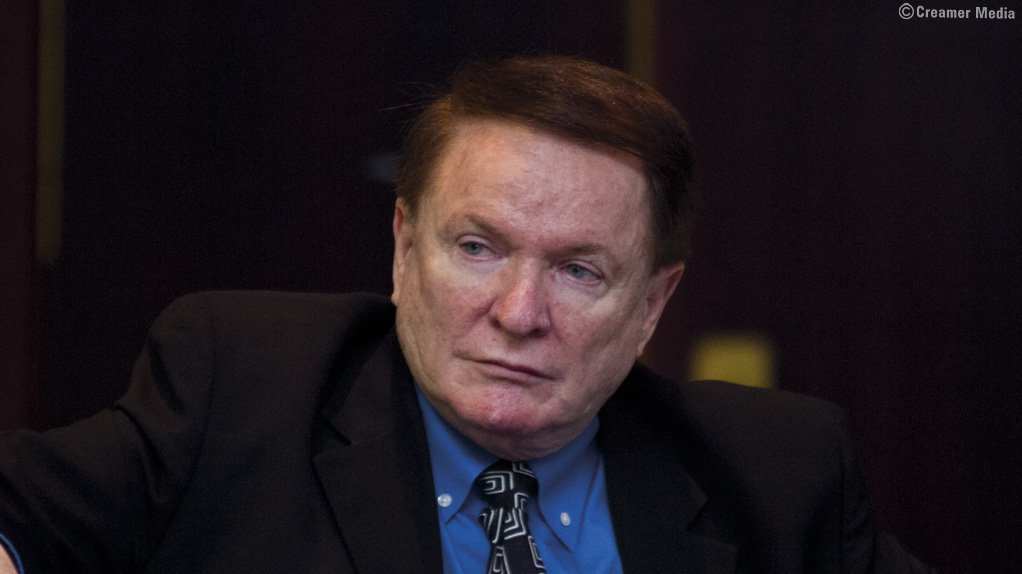While South Africa is expected to emerge from its recession this year, the persistent policy and political uncertainty remains the nation’s greatest challenge, negatively impacting on business and consumer confidence and blocking any economic growth prospects.
The current deeply polarised and distracted political environment overshadowed structural reforms and policy certainty, hurting South Africa’s economic performance and strongly contributing to the emergence of a low-growth trap in the economy.
“The ongoing factionalism in the governing African National Congress (ANC) inevitably mean that policy and political uncertainty will be the new normal in South Africa, at least until the ANC’s elective conference in December,” North-West University School of Business and Governance's Professor Raymond Parsons said on Monday.
While he expected the economy to come out of recession during the course of the year, his forecast for growth in 2017 as a whole was still only about 0.5%, despite the strengths of the economy and the reaffirmation of commitment by big business.
“The growth outlook for next year is now about 1.1% and job losses are still steadily rising. These growth rates are well below population growth and are simply inadequate to cater for South Africa's job creation and poverty challenges,” he said.
The governance issues arising out of State capture and institutionalised corruption had imposed severe costs on the economy, while a weak economy, high unemployment and deep poverty generated social tensions, and confidence within the country remained badly damaged, leaving a trust deficit.
Further, the governance and financial vulnerabilities of key State-owned enterprises still posed a high risk to fiscal sustainability at a time of weak growth and declining tax revenues.
“With only a few weeks to go to the next Medium Term Budget Policy Statement in October, falling tax revenue now looked likely to leave a fiscal gap of about R50-billion, compared with the original Budget targets in February,” Parsons said.
The changed economic circumstances had posed a serious challenge to existing revenue and deficit targets, similar to the shock fiscal shortfall in the aftermath of the global financial crisis, despite Finance Minister Malusi Gigaba committing to fiscal consolidation, he added.
“South Africa needs to get its house in order and regain control of its economic destiny by making the right choices,” Parsons commented, pointing out that rebuilding trust and confidence of key stakeholders and closing the trust deficit lay on the shoulders of government.
“If we are to get the politics and economics right in South Africa, we must recognise that, while business and labour do not govern the country, they are indispensable to keeping it governable,” he concluded.
EMAIL THIS ARTICLE SAVE THIS ARTICLE ARTICLE ENQUIRY
To subscribe email subscriptions@creamermedia.co.za or click here
To advertise email advertising@creamermedia.co.za or click here











